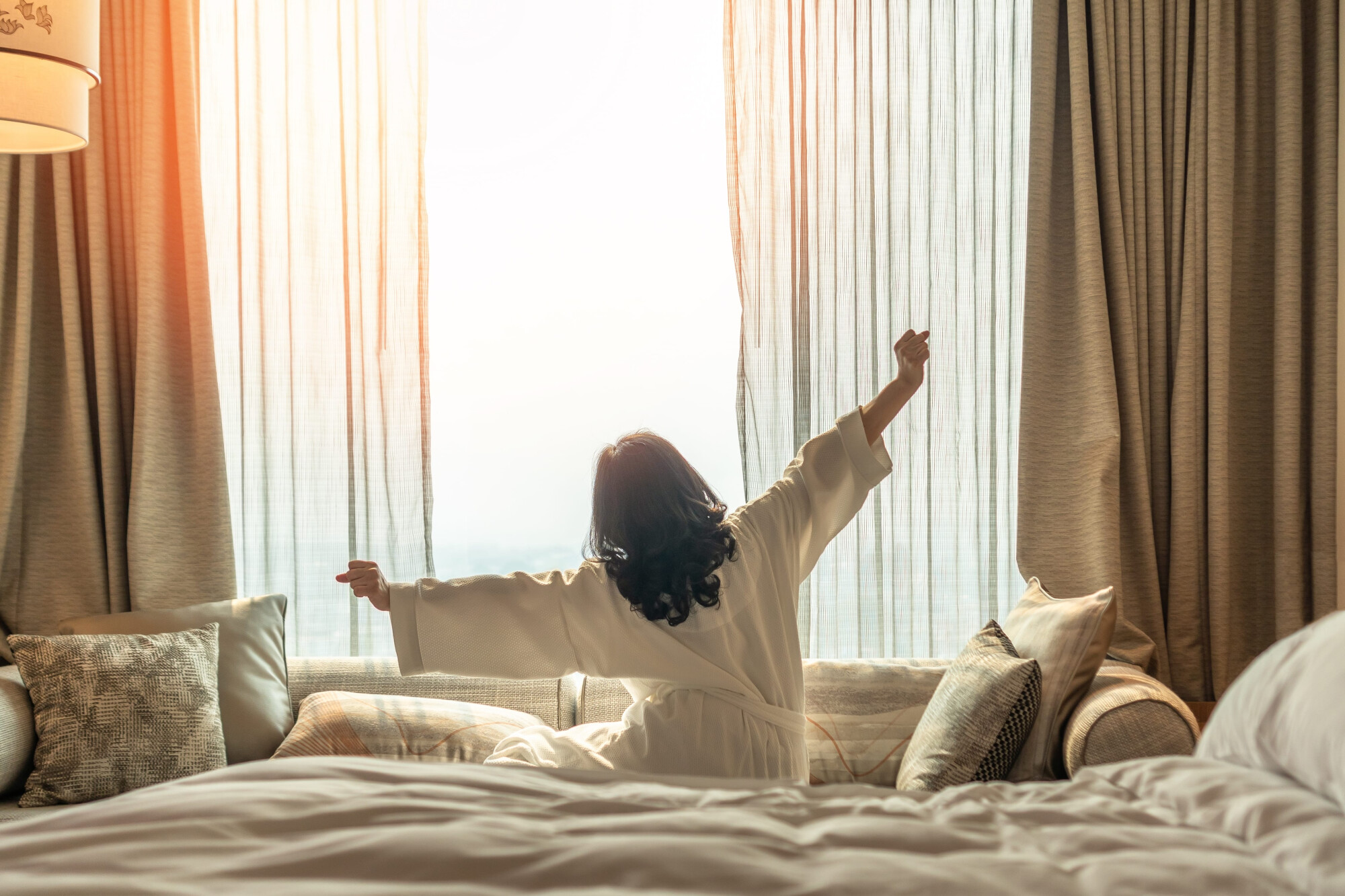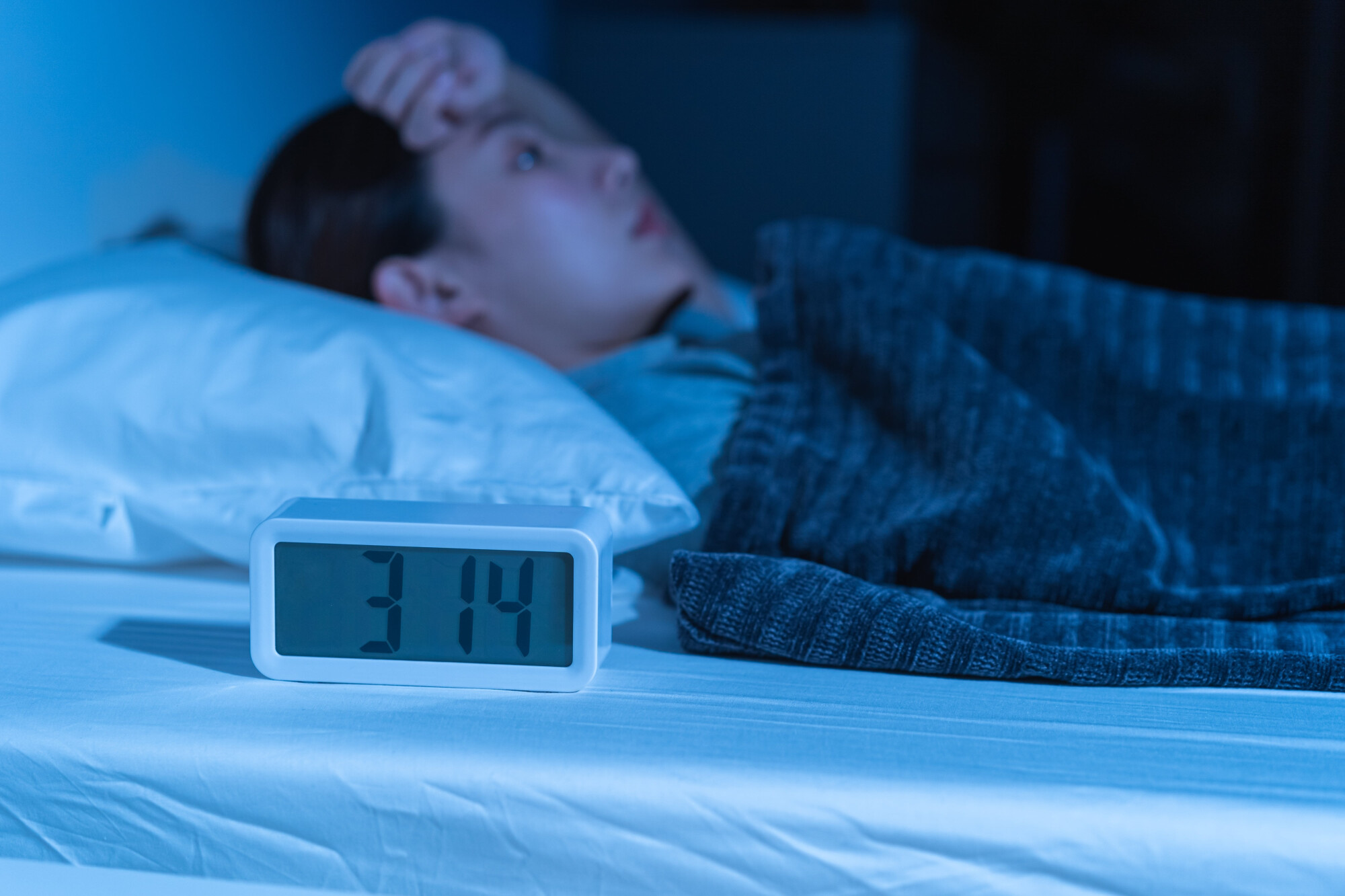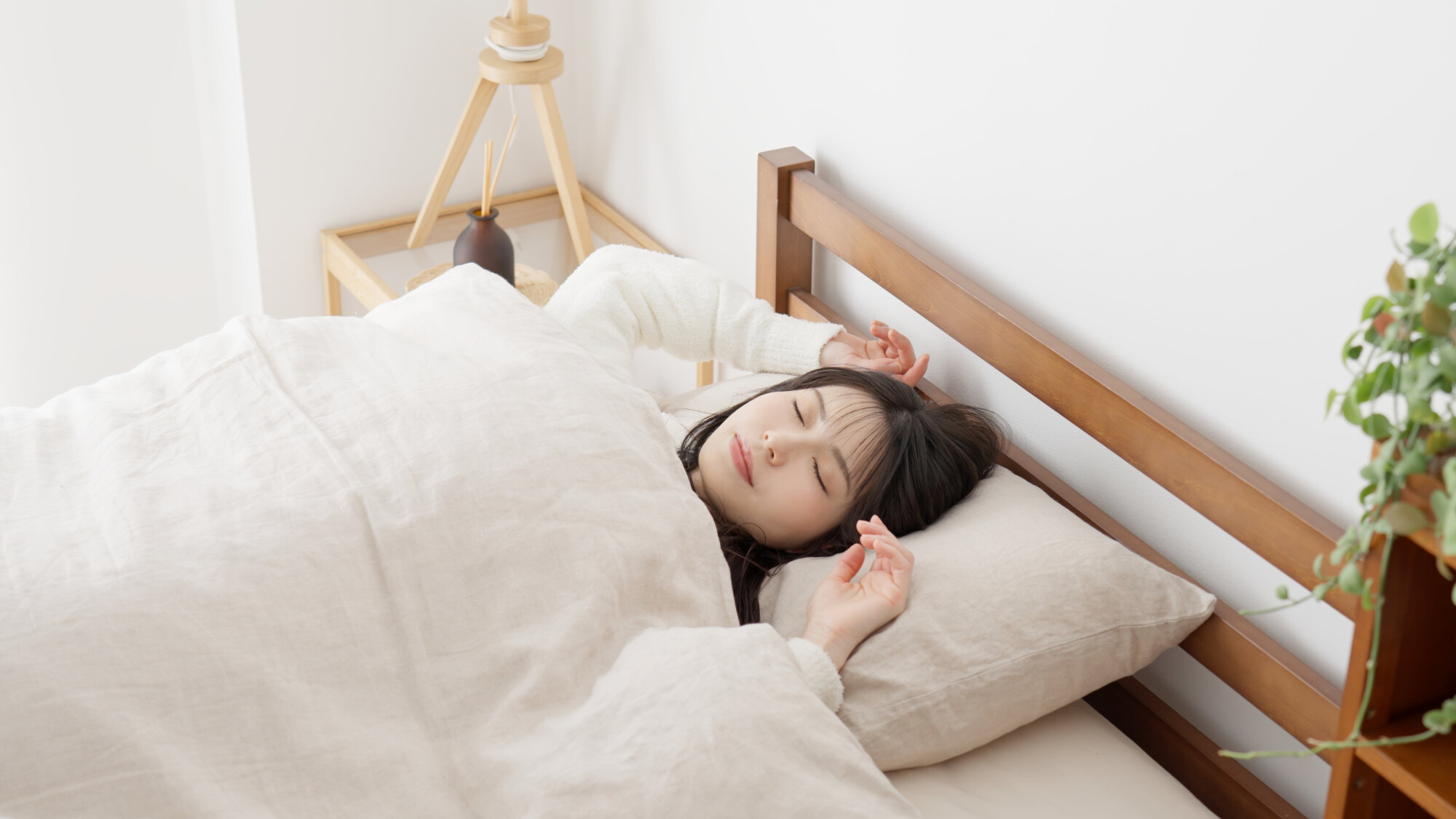


19 Nov 2024
Share
Many urbanites suffer from insomnia or difficulty falling asleep. Good sleep is crucial for physical health, mental state, and daily life. JC Fit City has compiled 7 tips to help you fall asleep quickly and maintain sleep quality in your busy life.

There are various reasons for insomnia, which may be related to stress, anxiety, environmental factors, or lifestyle habits. Here are some common factors:
Psychological Stress: Tension from work, studies, or relationships can easily affect sleep.
Use of Electronic Devices: Using phones or computers for long periods before bed can suppress melatonin production due to blue light, affecting sleep quality.
Irregular Schedule: Frequently staying up late or having an inconsistent sleep schedule can disrupt the biological clock, making it difficult to fall asleep.

1.Create a Comfortable Sleep Environment
A good sleep environment is key to falling asleep. Ensure your bedroom is quiet, comfortable, and dark. Consider the following tips:
Temperature Control: Keep the room cool, ideally between 18°C and 22°C.
Light Control: Use heavy curtains or an eye mask to block out light.
Noise Isolation: Use earplugs or a white noise machine to reduce external noise interference.
2.Establish a Regular Sleep Schedule
Going to bed and waking up at the same time every day helps adjust the biological clock, making it easier to fall asleep. Try to maintain a relatively stable schedule even on weekends.
3.Stay Relaxed
Staying relaxed effectively helps reduce stress and promote sleep. Here are some common relaxation techniques:
Deep Breathing: Lie in bed, close your eyes, slowly inhale, then exhale slowly. Repeat this process to relax your body and mind.
Progressive Muscle Relaxation: Starting from your toes, gradually tighten and relax each muscle group up to your head to effectively reduce tension.
Meditation and Mindfulness: Focus on the present feelings and clear your mind to help you reach a more relaxed state.
4.Reduce Caffeine and Alcohol Intake
Both caffeine and alcohol can affect sleep. Avoid consuming these substances a few hours before bed to ensure better sleep quality.
5.Limit Use of Electronic Devices
Avoid using electronic devices at least one hour before bed. Blue light suppresses melatonin production, making it difficult to fall asleep. Instead, choose to read a physical book or listen to light music.
6.Exercise and Physical Activity
Moderate exercise helps improve sleep quality. Research shows that engaging in 150 minutes of moderate-intensity exercise per week, such as brisk walking or swimming, can significantly enhance sleep quality. However, avoid vigorous exercise before bed, as it may make it harder to fall asleep.

7.Bedtime Ritual
Establishing a stable bedtime ritual can help your body enter sleep mode. These rituals can include:
Bath or Shower: Warm water helps relax the body and is suitable before bed.
Drinking Warm Milk or Herbal Tea: Warm beverages can help relax the body and promote sleep.
Reading or Journaling: Light reading or recording your daily thoughts can help release daily stress.
There are many ways to fall asleep quickly, from creating a comfortable sleep environment to establishing bedtime habits. These tips can help you fall asleep faster. When exploring suitable methods, patience and perseverance are key. Over time, you will find it easier to fall asleep, and your sleep quality will improve. JC Fit City hopes these tips can help you sleep well and wake up refreshed, ready to face each day's challenges with energy.